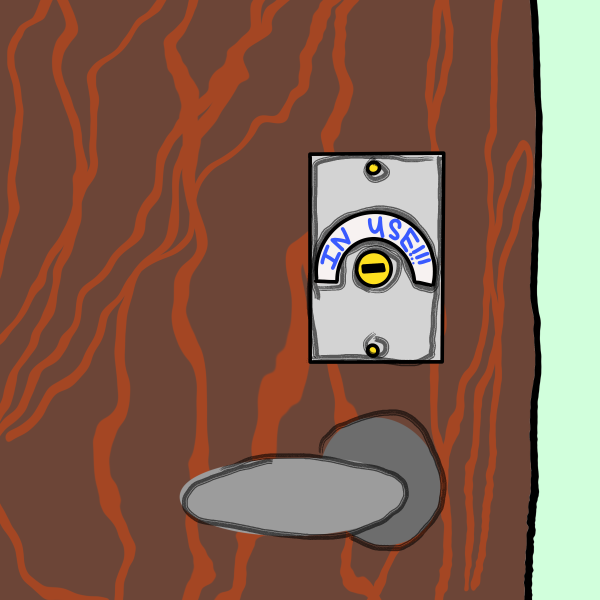Dumping J-Term, are you serious?
March 4, 2016
A recent hot topic on campus has been an idea that seems to come up from time to time: the future of J-Term classes and how viable they are in relation to what they cost. Currently, the program is intact through Winter 2017, but after that its future is unclear.
We understand and respect the fact that the program is a big investment that requires a lot of resources. Really. Everything costs money and we all want to get the most bang for our buck. That said, J-Term courses aren’t just a classroom experience, or even a convenience. They’re a recruiting tool for both faculty and students.
Currently, only two ACTC schools utilize the J-Term for students: Hamline and St. Thomas. Offering the ability to take courses during January alone helps separate our Midway home from the large pack of private universities located in the Twin Cities.
While it’s important to run a cost-effective university, it’s also important to recruit top level talent to fill our halls. If admissions decline, the cost of everything is driven up as class sizes shrink and classrooms go unfilled. We also need the best teachers to train those students.
Part of why Hamline unloaded the law school was to help get operations back in the black. Now that the deed is done, it’s time to look for ways to protect the programs and things that really work around here. J-Term works. It’s something nearly everyone uses at some point while they’re here (unlike the $50,000 sport court that no one can skate on). In addition to being a convenience, the January courses help protect funding for scholarship and grant students who have to meet credit thresholds to receive their full grant allotments.
The flexibility created by J-Term courses also helps students study abroad, compete for internships and, sometimes, take one less course in the Fall or Spring while life outside of academics gets in the way. That flexibility also extends to faculty members who need to find creative ways to protect their income while navigating difficult scheduling needs or sabbaticals.
The idea of unloading J-Term like the law school may seem promising on paper but the bottom line is that the program’s benefits far outweigh its costs. Instead of letting the University and HUSC dump the program without a debate, engage the student congress and administration. Tell them how much J-Term means to you. Heck, some of you may not even be attending Hamline or reading this newspaper without the offering.
One thing is certain: without J-Term it will become much more difficult for a lot of students to graduate in four years, which is something Hamline has taken great pride in over the years. Maybe there needs to be a nominal fee to help offset the costs (e.g. $250). That’s an argument we’re willing to entertain, but dumping the program altogether would be a mistake for everyone in our academic community.





